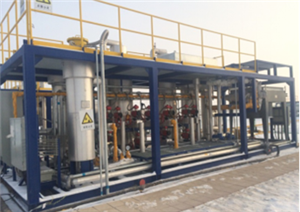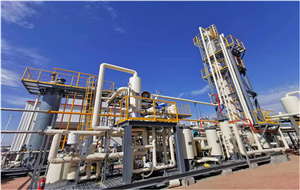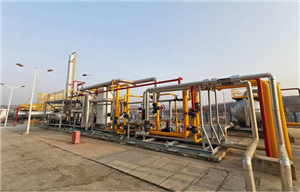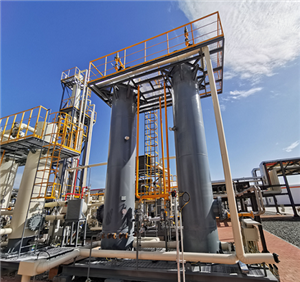Natural Gas Futures Initiative Launched by University of BC
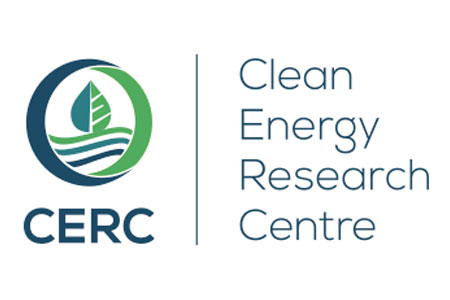
The University of British Columbia’s Clean Energy Research Centre (CERC) has launched a major new initiative to investigate the sustainable development and use of gaseous fuels. Research priorities include the elimination of methane emissions and introduction of renewable sources as a means to decarbonize the natural gas energy system.
Natural Gas Futures (NGF) is supported by a consortium of eight major companies and utilities spanning the natural gas value chain, from production and distribution, to storage, refueling, and end use.
“With a 20-year history of natural gas research, industrial collaboration and technology transfer, UBC is uniquely qualified to lead this unprecedented collaborative research effort,” said Walter Merida, CERC Director and Associate Dean of Research for the Faculty of Applied Science at UBC. “In addition to our applied science leadership, UBC has the management and policy expertise to provide complete lifecycle assessment of natural gas impact. This combination of technical know-how and decision support is critical to achieving greenhouse gas (GHG) emissions reductions.”
The multi-disciplinary NGF initiative includes 16 researchers from UBC’s Faculty of Applied Science and the Faculty of Management and School of Engineering on UBC’s Okanagan Campus. Collaborators get access to experts in a wide range of areas including biogas production, thermodynamic modelling, computational fluid dynamics, combustions and emissions, life cycle assessment, and more. State of the art research facilities include optical diagnostic engines, fast-acting methane emissions sensors, high-efficiency biomass gasifiers and advanced analytical tools. The initiative also leverages strong partnerships with leading universities and research centres across Canada and around the world, such as the Sustainable Gas Institute in London.
“Natural Gas Futures gives us critical information needed to make more informed – and environmentally responsible – business decisions”, said Doug Stout, Vice President, Market Development & External Relations for FortisBC and founding member of NGF. “This collaboration promises to make natural gas ever safer, cleaner and more efficient for transportation, power and other industrial applications in a lower carbon economy.”
The other members of the NGF consortium are currently Westport Power Systems, Seaspan, Port of Vancouver, Solaris MCI, Pacific Northern Gas, AltaGas and ATCO.
NGF has already secured over $2.5 million in funding from industry and government partners, including two recent grants from the National Science and Engineering Research Council of Canada (NSERC), one to study micro-carbon capture and utilisation and the other investigating gas cloud dispersion and LNG ship bunkering safety. Mitacs, a national not-for-profit organization that has designed and delivered research and training programs in Canada, has provided $600,000 in funding for a cluster of internships to support the initiative.
“Natural Gas Futures has provided us with a clear understanding of the emissions related to using natural gas as fuel onboard our state of the art LNG ships. It has been an excellent experience interfacing with knowledge leaders in natural gas industry, and we look forward to our continued work together,” said Harly Penner, Superintendent New Vessels, Maintenance & Engineering, Seaspan Ferries.
Currently providing 22 percent of the world’s energy, natural gas is the world’s cleanest burning fossil fuel. The introduction of renewable alternatives, such as biogas and hydrogen, into the natural gas energy system is further reducing its carbon footprint. NGF’s vision is to be an internationally recognized centre for natural gas research, breakthrough technology transfer, data-driven policy analysis, outreach and training to ensure the environmental sustainability of natural gas.
For more information about Natural Gas Futures, including membership, project opportunities, and how to stay engaged, please visit: naturalgas.apsc.ubc.ca.

